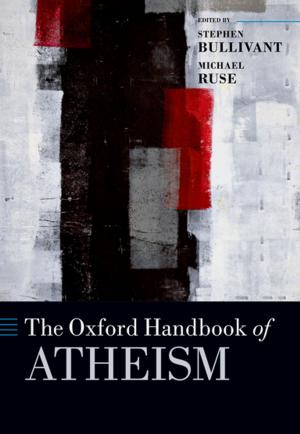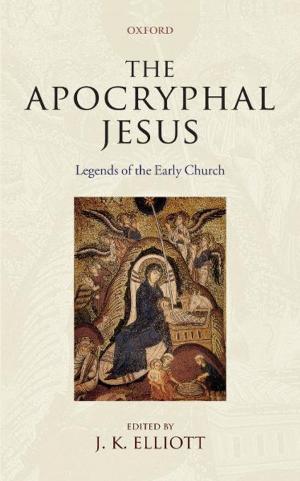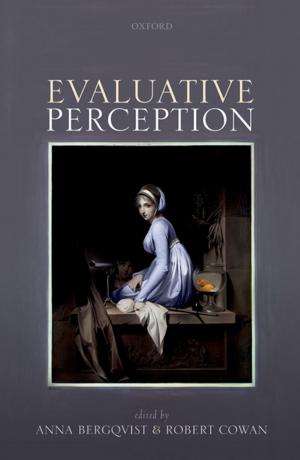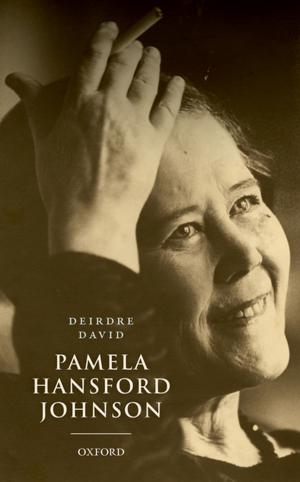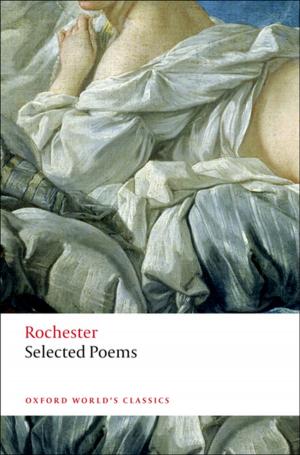Saussure
Nonfiction, Reference & Language, Language Arts, Linguistics, Religion & Spirituality, Philosophy| Author: | John E. Joseph | ISBN: | 9780191636974 |
| Publisher: | OUP Oxford | Publication: | March 22, 2012 |
| Imprint: | OUP Oxford | Language: | English |
| Author: | John E. Joseph |
| ISBN: | 9780191636974 |
| Publisher: | OUP Oxford |
| Publication: | March 22, 2012 |
| Imprint: | OUP Oxford |
| Language: | English |
"In a language there are only differences without positive terms. Whether we take the signified or the signifier, the language contains neither ideas nor sounds that pre-exist the linguistic system, but only conceptual differences and phonic differences issuing from this system." (From the posthumous Course in General Linguistics, 1916.) No one becomes as famous as Saussure without both admirers and detractors reducing them to a paragraph's worth of ideas that can be readily quoted, debated, memorized, and examined. One can argue the ideas expressed above - that language is composed of a system of acoustic oppositions (the signifier) matched by social convention to a system of conceptual oppositions (the signified) - have in some sense become "Saussure", while the human being, in all his complexity, has disappeared. In the first comprehensive biography of Ferdinand de Saussure, John Joseph restores the full character and history of a man who is considered the founder of modern linguistics and whose ideas have influenced literary theory, philosophy, cultural studies, and virtually every other branch of humanities and the social sciences. Through a far-reaching account of Saussure's life and the time in which he lived, we learn about the history of Geneva, of Genevese educational institutions, of linguistics, about Saussure's ancestry, about his childhood, his education, the fortunes of his relatives, and his personal life in Paris. John Joseph intersperses all these discussions with accounts of Saussure's research and the courses he taught highlighting the ways in which knowing about his friendships and family history can help us understand not only his thoughts and ideas but also his utter failure to publish any major work after the age of twenty-one.
"In a language there are only differences without positive terms. Whether we take the signified or the signifier, the language contains neither ideas nor sounds that pre-exist the linguistic system, but only conceptual differences and phonic differences issuing from this system." (From the posthumous Course in General Linguistics, 1916.) No one becomes as famous as Saussure without both admirers and detractors reducing them to a paragraph's worth of ideas that can be readily quoted, debated, memorized, and examined. One can argue the ideas expressed above - that language is composed of a system of acoustic oppositions (the signifier) matched by social convention to a system of conceptual oppositions (the signified) - have in some sense become "Saussure", while the human being, in all his complexity, has disappeared. In the first comprehensive biography of Ferdinand de Saussure, John Joseph restores the full character and history of a man who is considered the founder of modern linguistics and whose ideas have influenced literary theory, philosophy, cultural studies, and virtually every other branch of humanities and the social sciences. Through a far-reaching account of Saussure's life and the time in which he lived, we learn about the history of Geneva, of Genevese educational institutions, of linguistics, about Saussure's ancestry, about his childhood, his education, the fortunes of his relatives, and his personal life in Paris. John Joseph intersperses all these discussions with accounts of Saussure's research and the courses he taught highlighting the ways in which knowing about his friendships and family history can help us understand not only his thoughts and ideas but also his utter failure to publish any major work after the age of twenty-one.




